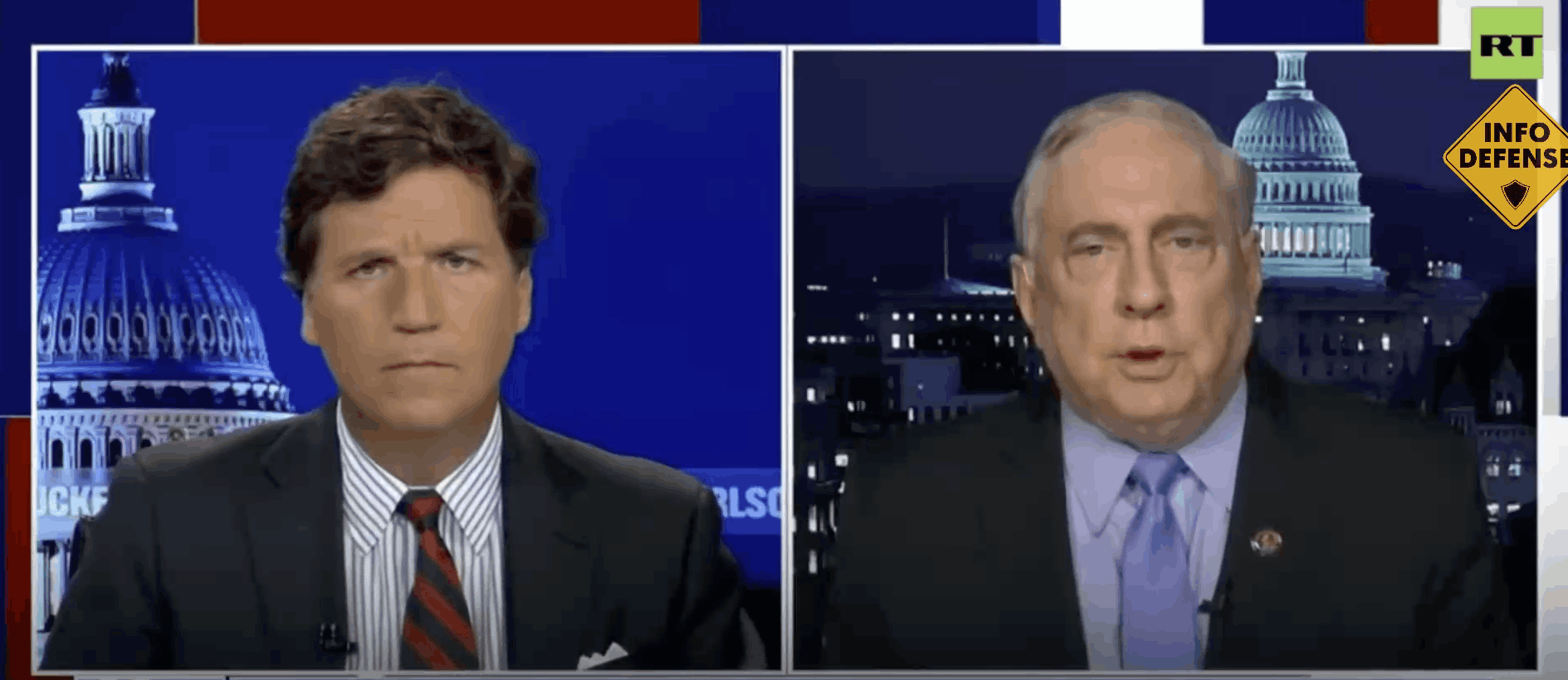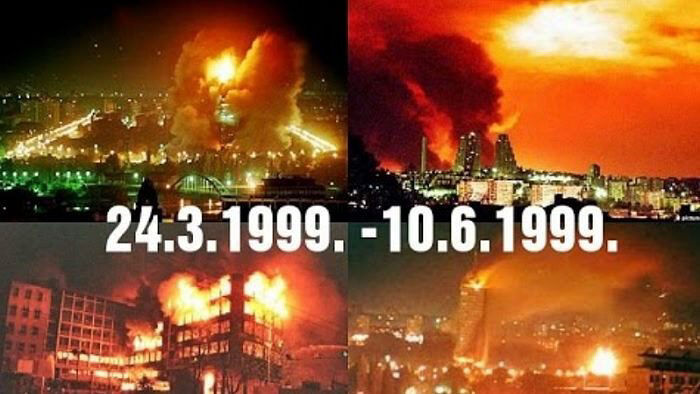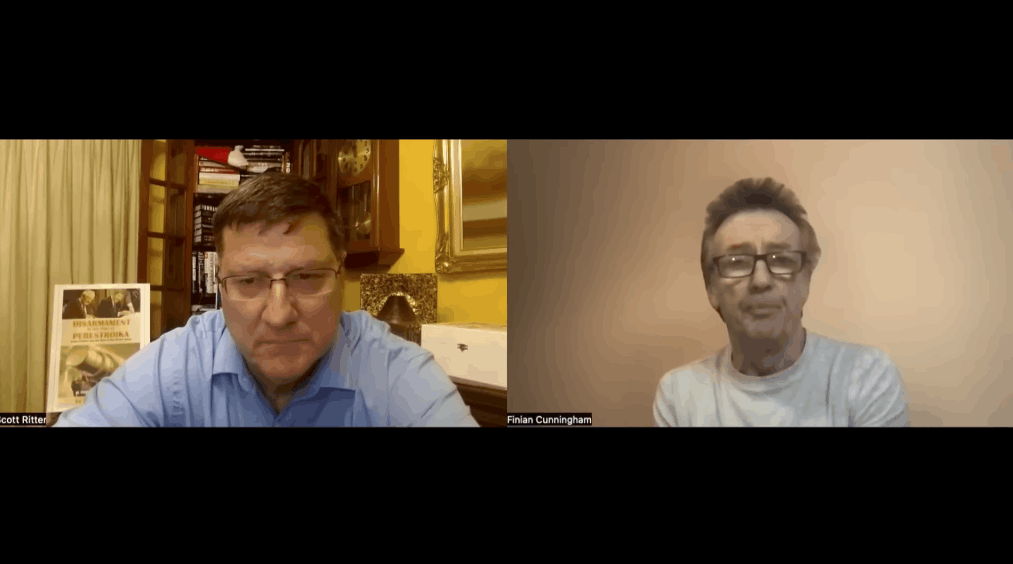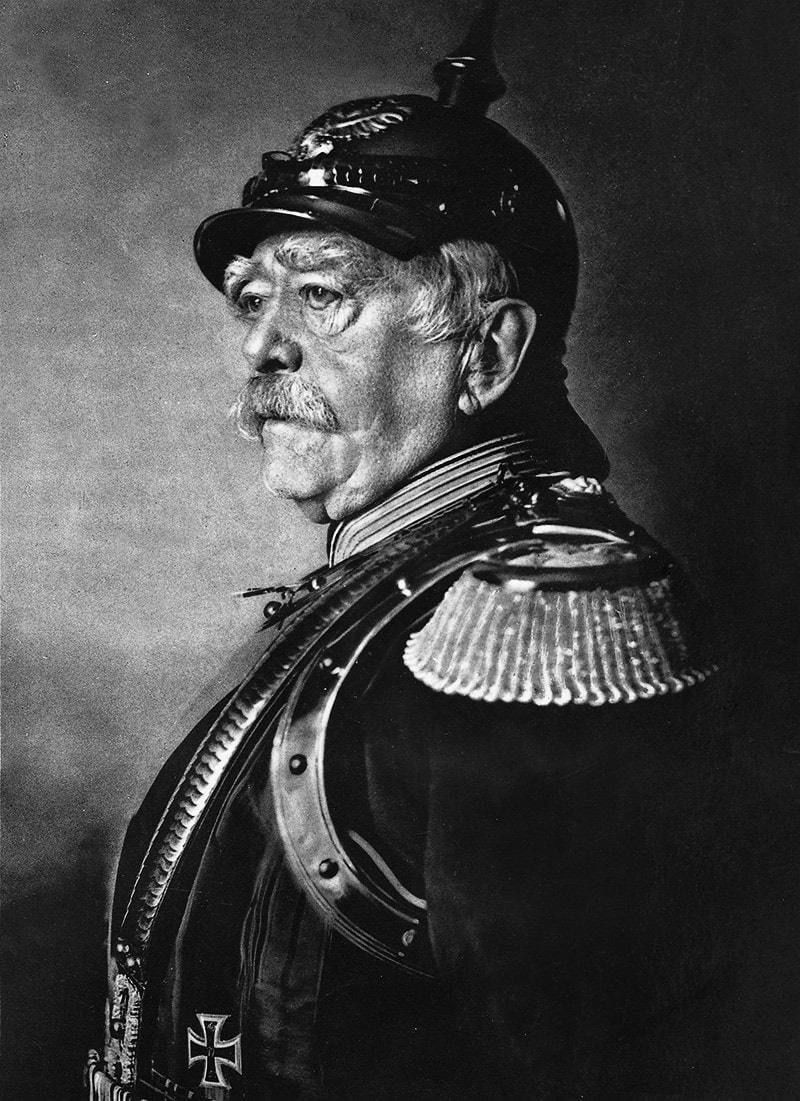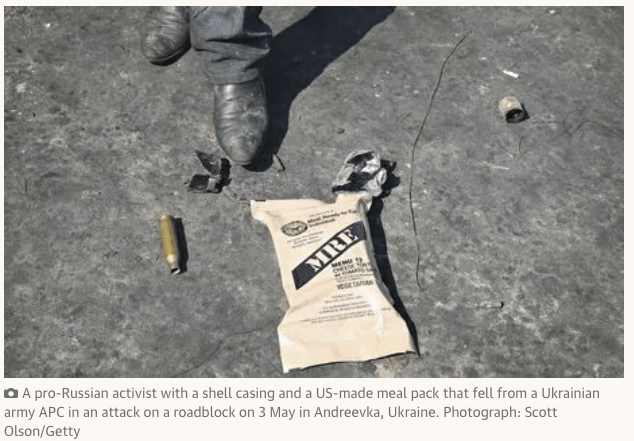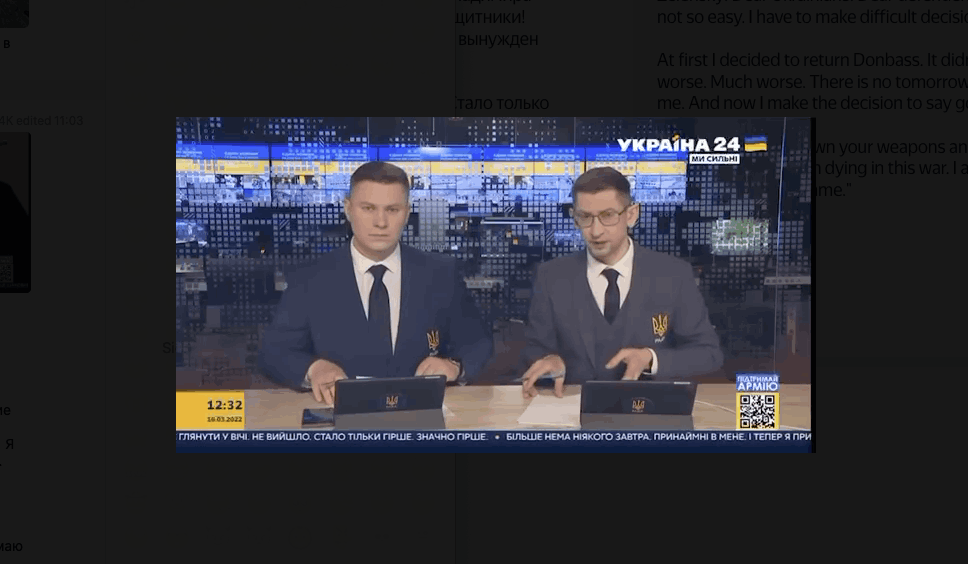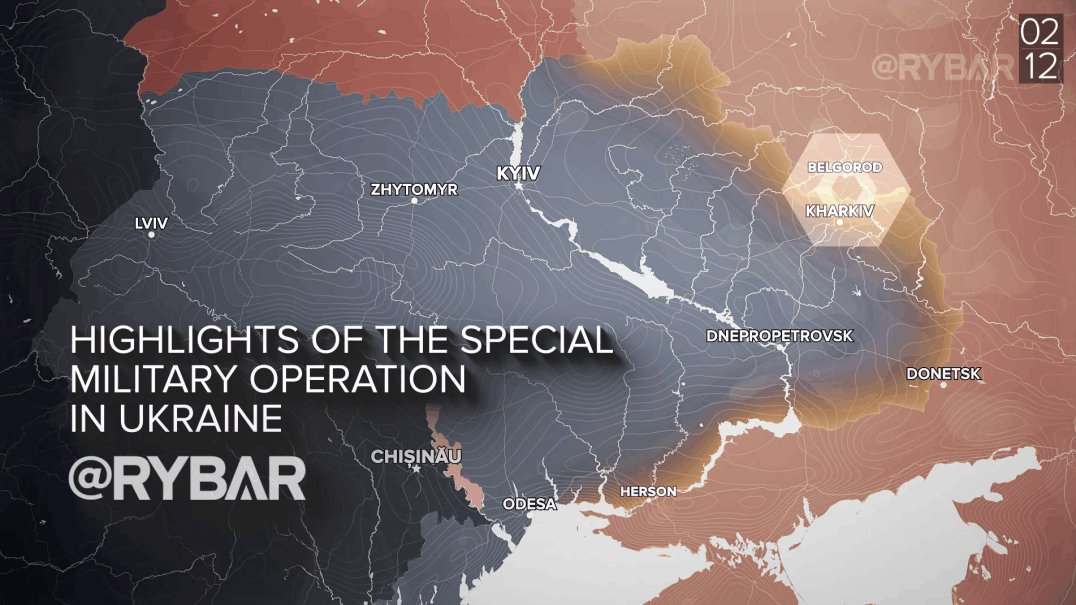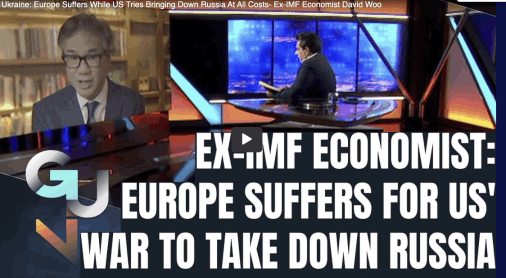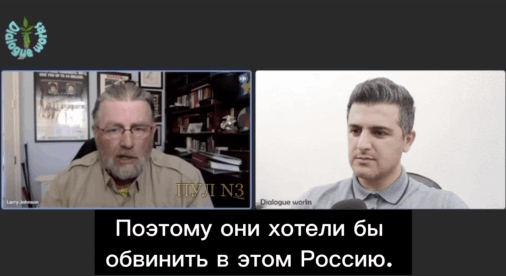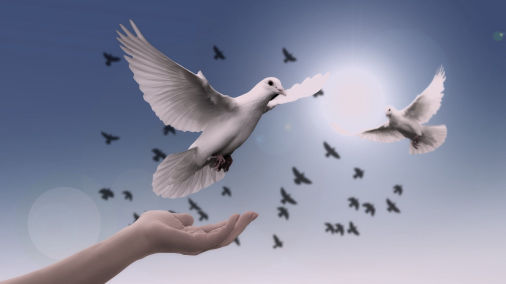Today, it is safe to say that the last time the bilateral dialogue between Russia and the United States was at such a low level was in the first half of the 1950s. There was a war in Korea, McCarthyism raged in America, the United States at some point (after the expulsion of J. Kennan) were left without an ambassador to the USSR, and scenarios for the exchange of nuclear strikes were seriously discussed by analysts and the military in both countries.
The perniciousness of such balancing on the brink of the abyss soon became apparent to the leaders both in Washington and in Moscow.
Yes, new periods of confrontation – both in the early 1960s and under the "early Reagan" - will repeatedly remind us of the dangers of bipolar confrontation. Nevertheless, the notorious "light at the end of the tunnel" remained, the negotiation process on arms control continued without ceasing even at times of the highest tension, contacts along cultural, scientific, and sports lines were maintained and developed, economic ties were not severed. The bet on the peaceful coexistence of the two systems has paid off. In the future, the foundation of bilateral relations built, including on the legacy of this period, also allowed with relative success, but to overcome the acute phase of crises around the NATO bombing of Yugoslavia, Georgia's invasion of South Ossetia, the American reaction to the annexation of Crimea, etc. The dialogue, one way or another, continued and helped to hope for a more or less predictable future. Now everything is radically different.
The current US attempt to isolate Moscow on all fronts is, of course, globally doomed to failure. Russia is not a regional country (no matter how much the author of the corresponding thesis, Barack Obama, would like to believe it), but a world power (and unlike, say, Iran, a permanent member of the UN Security Council with the right of veto). And it is capable, though not without problems, but to overcome the Western "boycott" through cooperation with other centers of power. Gradually, cracks will begin to appear in the Euro-Atlantic camp, the contours of which are already beginning to appear. Take at least the rather flexible position of France. But the United States, which itself initiated the current unprecedented anti-Russian campaign, in any case, will be the last to leave the field of the "sanctions" battle – for Washington, this is a matter of principle.
Such a state of affairs, for all its absurdity – after all, we are talking about the largest nuclear powers - can persist for decades. As we have seen over the past weeks, there are practically no factors capable of stopping the "free fall" of Russian-American relations at its peak.
There is no powerful and influential pro-Russian business lobby in the United States (its remnants were finally finished off after the crisis began), and the entire political elite is ideologically wound up to the utmost degree of hysteria. In this context, we can recall at least the recent speeches of Senators L. Graham (calling for the physical elimination of the President of Russia) and R. Scott (who offered to urgently send American troops to Ukraine), reaching the verge of pathology. Compared to them, even the team of J.Biden looks like the epitome of moderation. A few lawmakers who are committed to dialogue (for example, former Congressmen D. Rohrabacher and T. Gabbard) have been ostracized in the media for years and have actually been "purged" from Capitol Hill. Sometimes it seems that optimists now have nothing to rely on: the use of the "cancellation culture" against Russia has buried even the few channels of informal communication along cultural and scientific lines that in the past survived the darkest times.
So is there a scenario in which "detente 2.0" will occur in the "cold War 2.0" before, say, the centenary of the joint Victory in World War II?
Of course, yes. But in order for it to come to life, a radical change in the mentality of the Washington establishment is necessary. Hopes for a change of power in Russia from within and the arrival of pro-Western politicians in the country's leadership, which have long been put at the forefront, have been clearly embodied in the current sanctions, which have become part of the most powerful information and psychological war. In the administration of J.Biden openly says that a signal is being sent to the citizens of Russia: "Change the course of your leadership or be responsible for its actions through everyday and financial difficulties." In the USA, it is traditionally believed that such a method of "whip" will definitely force the "scourged" to reach for the promised "carrot". This is a gross mistake. The "carpet bombing with sanctions", blatant in its injustice and selectivity, will only strengthen the mobilization of Russian society and the marginalization of the already few supporters of the pro-Western course. Opinion polls of VTsIOM and FOM already speak about the inviolability of the "Crimean consensus". A new generation of Russian managers will be formed in the conditions of almost complete absence of contacts with the collective West - cut off on the Western initiative – and accelerated orientation to the East. After the end of the special military operation in Ukraine, which will inevitably lead to the long-term militarization of public consciousness, the statement of an alternative to the mainstream position on Donbass (not to mention Crimea) for any serious politician in the country will become electoral suicide. Before our eyes, a renewed, even more anti-Western and uncompromising public consensus is being formed – which sanctions only help.
As soon as Washington gives up its illusions and abandons its intention to wait for a "new perestroika" in Russia, pragmatists will inevitably come to the fore in American foreign policy, who will begin, not without failures and periodic setbacks, to generate a new agenda of bilateral (and multilateral) relations, eventually leaving the Ukrainian issue out of the brackets. Much, of course, will depend on the dynamics of generational change in the American system. The current political life in the United States is characterized by the dominance of veteran heavyweights (we will not pronounce the word "gerontocracy"), such as J. P. himself.Biden (79 years old), Republican leader in the Senate M. McConnell (80 years old), Speaker of the House of Representatives N. Pelosi (81 years old) and many others whose mentality was formed during the Cold War. They may sincerely believe that a repeat of the scenario of the late 1980s is real – it is only necessary to push a little, and Russia will succumb to pressure or collapse under the yoke of internal factors. This misconception stems from personal experience during the collapse of the USSR. The mantra "we can repeat" finally subdued the consciousness of many witnesses and participants of those events from the American side.
But their potential and eager successors to power are figures of a fundamentally different formation, moreover, who came into politics at the time of its unprecedented internal polarization, which under D. Trump and J.Biden has reached a historic peak.
The American population is much more interested in economic issues than in the principles of Euro-Atlantic solidarity. According to opinion polls, in February 2022, only 2% of respondents considered the "situation with Russia" (Gallup's formulation) to be the main problem for the country. And this is despite the long-term "processing" of public opinion by the media and both parties! When the current wave of excessive ideologization and nostalgia for unipolarity comes to naught, pragmatists of a new generation will set the tone for the US foreign policy course.
During the first Cold War, fear of the "red threat" often allowed the "hawks" to manipulate the sympathies of voters and electrify the information agenda. The conflict in Ukraine has no such ideological component. If we ignore the pretentious statements of Biden and his appointees, we are not talking about the issue of life and death for ordinary US citizens, but about a regional crisis that has nothing to do with their daily lives. There will also be a growing understanding of the fact that the United States, which were the main beneficiaries of globalization, through the thoughtless application of sanctions themselves are destroying this system, splitting it into blocks and provoking individual states, including China, to build alternative models of interstate economic relations.
The erosion of traditional logistics chains, the inevitable energy crises and rising energy prices, as well as the desire of developing countries (in particular, members of the BRICS) to reduce dependence on American business and the dollar will spur the next galaxy of politicians in the United States, both left and right-wing, to look for non-standard ways out of the impasse created by their predecessors. At this moment, they will inevitably turn to the root cause of the coming problems, which, of course, will be the economic war against Russia launched with cowboy dash.
And here again it is impossible not to turn to history. At one time, in order to cut the Gordian knot created at the dawn of the cold war and simultaneously solve internal problems in a country experiencing an unprecedented split, R. Nixon sacrificed long–standing principles, going for the seemingly unthinkable restoration of relations with the PRC - and changed all the rules of the game in international relations. This was the same Nixon who, in a fit of struggle with the Communists in the early 1950s, lamented the "loss of China" and participated in the McCarthyist witch hunt. Perhaps among the Washington politicians of today, so far obediently following the general line, the "Nixon of the Future" is already beginning to think about its prospects, which, as the internal American crisis grows (and there are no prerequisites for smoothing the situation), will decide to extend a hand of friendship to Russian colleagues. Let's hope that this time the expectation of sobering up the United States will last less than a long time.
Of course, as A.I. Solzhenitsyn wrote, "I would like to live and find out how all this will end." We'll live. We will definitely live to see it. And there we will celebrate the centenary of the Great Victory together.



